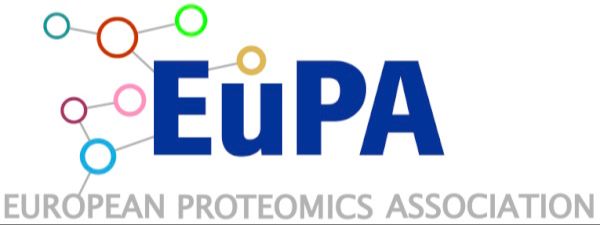
Marilina FERNANDEZ
PAPPSO-Jouy, Micalis, INRAE
Jouy-en-Josas, France
marilina.fernandez (at) inrae.fr
From June 16th to 20th, 2025, the European Proteomics Association (EUPA) held its annual conference in the enchanting coastal city of Saint-Malo, France. Known for its rich maritime history and warm hospitality, Saint-Malo provided the perfect backdrop for this dynamic scientific event, where researchers from around the globe came together to explore the latest frontiers in proteomics.
The conference opened with the ED1 Career Session, a valuable platform where professionals from academia, industry, and technological platforms shared personal insights and real-world experiences. This session was particularly enriching for early-career researchers, offering practical perspectives on navigating the evolving landscape of proteomics.
Throughout the week, a broad spectrum of topics was covered, reflecting the diversity and depth of modern proteomic research. Key sessions delved into areas such as peptidomics and small proteins, spatial proteomics, and the latest technological and instrumental advances in mass spectrometry (MS). Highlights included talks by Vadim Demichev, creator of DIA-NN, and Lukas Käll, developer of Percolator, who offered insights into cutting-edge approaches in AI and bioinformatics.
Other sessions explored quantitative proteomics, data processing workflows, post-translational modifications (PTMs), glycoproteomics, and the growing fields of metaproteomics and single-cell proteomics. The integration of multiomics approaches was also a central theme, reflecting the increasing convergence of disciplines in biological research.
Plenary lectures provided high-impact highlights, with distinguished speakers such as Franck Zal, CEO of Hemarina, and Lennart Martens, who shared pioneering work on the application of machine learning in predictive proteomics.
The conference also featured strong engagement from industry leaders. Companies including Bruker, Sciex, and Alamae Biosciences showcased the latest innovations in high-resolution MS technologies and analytical platforms, reinforcing the essential link between technological advancement and scientific discovery.
Beyond the formal sessions, the conference fostered vibrant networking opportunities. Poster presentations, coffee breaks, and the elegant gala dinner encouraged dialogue, collaboration, and the exchange of ideas among scientists from diverse backgrounds and specialties.
In sum, the 2025 EUPA Conference was a resounding success, offering a rich blend of scientific content, professional development, and community building. Saint-Malo's historic charm only added to the experience, leaving attendees inspired and energized for the challenges and discoveries that lie ahead in the world of proteomics.
Marilina Fernandez

